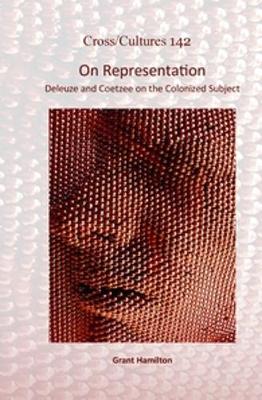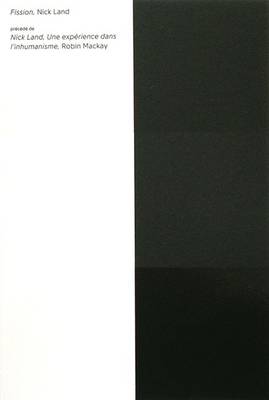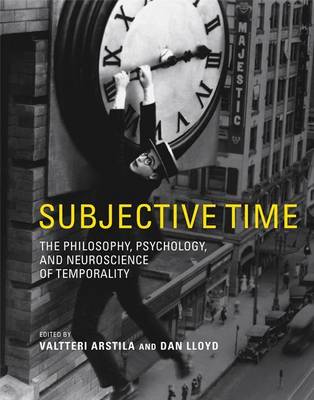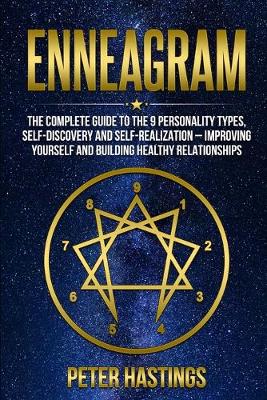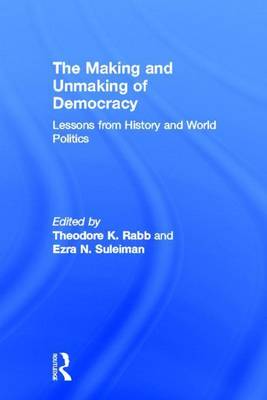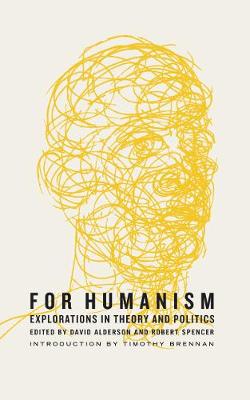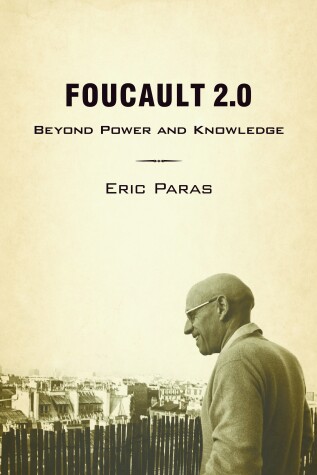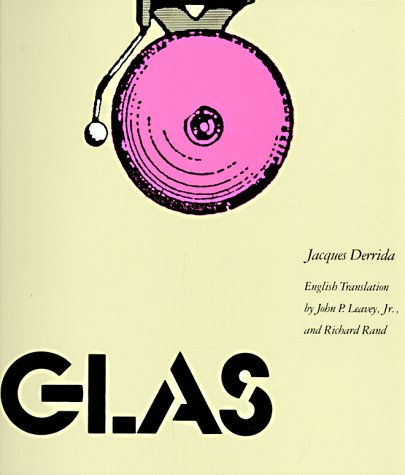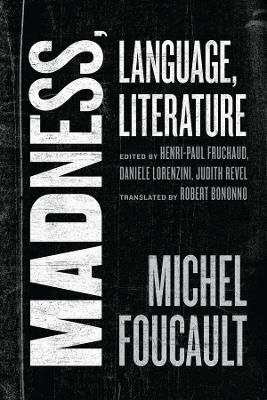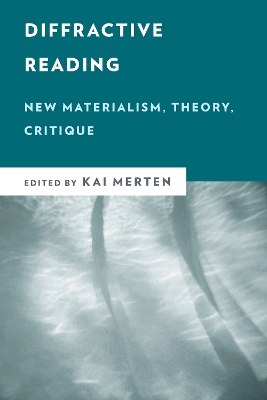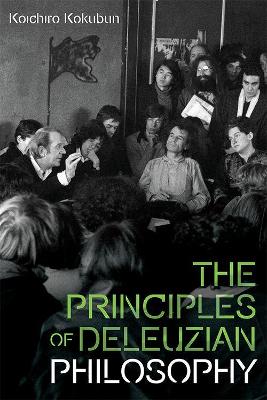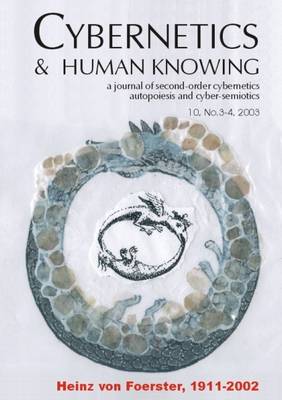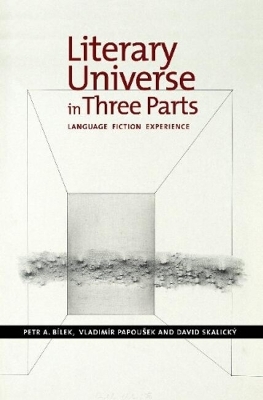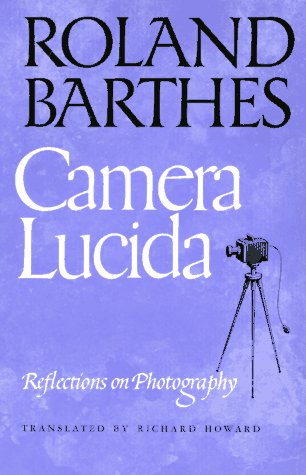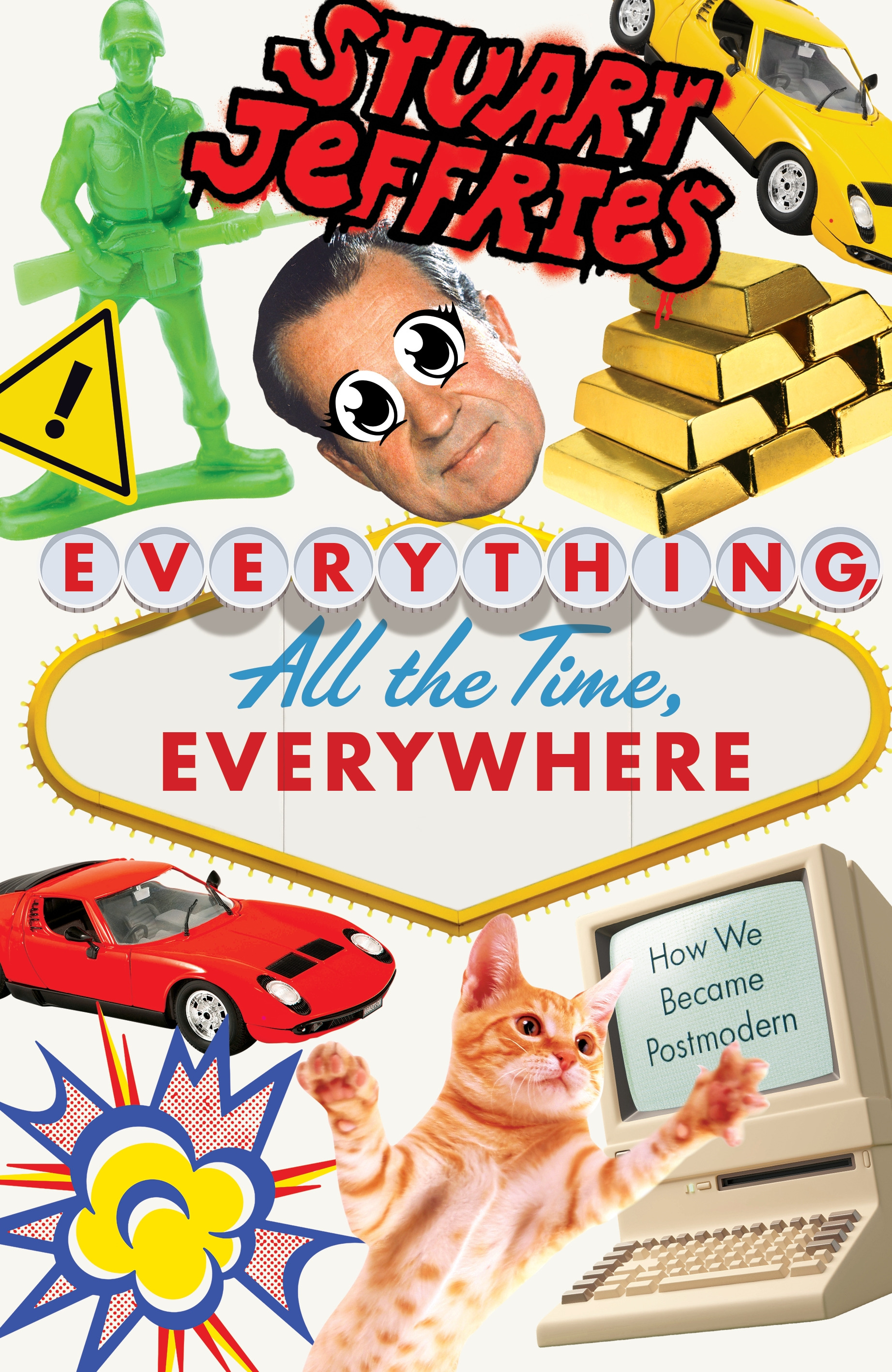On Representation (Cross/Cultures, #142) (Cross/Cultures: Readings in the Post/Colonial Literatures an)
by Grant Hamilton
In this important new study, Hamilton establishes and develops innovative links between the sites of postcolonial literary theory, the fiction of the South African/Australian academic and Nobel Prize-winning writer J.M. Coetzee, and the work of the French poststructuralist philosopher Gilles Deleuze. Centering on the key postcolonial problematic of representation, Hamilton argues that if one approaches the colonial subject through Gilles Deleuze's rewriting of subjectivity, then a transcendent c...
Most studies of Patrick White's fiction are devoted to elucidating archetypal patterns, symbolic configurations, and thematic preoccupations, and generally to praising the way White's fictional elements combine to form a religio-mystical worldview. Few have questioned this critical approach to White; fewer still have questioned White's vision itself. Yet, according to the author, questioning is in orderfor Patrick White is a man divided. One part of him strives for permanence, for the ideal, in...
Subjective Time: The Philosophy, Psychology, and Neuroscience of Temporality
by Valtteri Arstila and Dan Lloyd
An Introductory Guide to Post-structuralism and Post-modernism
by Madan Sarup
This book explores how one can read and teach literature with Jacques Derrida through a series of articles on Vladimir Nabokov's novel Lolita, ranging from 2003 to 2017. All of them resort to the French philosopher's works as a basis for the analysis of the different chosen literary issues such as structure, genre, character or interpretation, for example.The book addresses both Nabokovian specialists and students of Nabokov's works, and could, thereby, be used as teaching guidelines not only fo...
Making and Unmaking of Democracy, The: Lessons from History and World Politics
For Humanism (Marxism and Culture)
Today, anti-humanism is a dominant, even definitive, feature of contemporary theory. Setting out to challenge this tendency, editors David Alderson and Kevin Anderson argue that the political moment demands a reappraisal of the humanist tradition. Humanism, in all its diversity and complexity, may facilitate the renewal of progressive theory through the championing of human subjectivity, agency and freedom. Across four extended essays, David Alderson, Kevin Anderson, Barbara Epstein and Rober...
A dramatically new interpretation of the development of the thought of Michel Foucault, one of the 20th century's most influential thinkers. In this lucid and groundbreaking work, Eric Paras reveals that our understanding of the philosophy of Michel Foucault must be radically revised. Foucault's critical axes of power and knowledge -which purposefully eradicated the concept of free will- reappear as targets in his later work. Paras demonstrates the logic that led Foucault to move from a microph...
Jacques Derrida is probably the most famous European philosopher alive today. The University of Nebraska Press makes available for the first English translation of his most important work to date, Glas. Its appearance will assist Derrida's readers pro and con in coming to terms with a complex and controversial book. Glas extensively reworks the problems of reading and writing in philosophy and literature; questions the possibility of linear reading and its consequent notions of theme, author, na...
Madness, Language, Literature (Chicago Foucault Project)
by Michel Foucault
Newly published lectures by Foucault on madness, literature, and structuralism. Perceiving an enigmatic relationship between madness, language, and literature, French philosopher Michel Foucault developed ideas during the 1960s that are less explicit in his later, more well-known writings. Collected here, these previously unpublished texts reveal a Foucault who undertakes an analysis of language and experience detached from their historical constraints. Three issues predominate: the experien...
Becoming Marxist (Historical Materialism Book, #190) (Historical Materialism)
by Ted Stolze
In Becoming Marxist Ted Stolze offers a series of studies that take up the importance of philosophy for the development of an open and critical Marxism. He argues that an adequate 'philosophy for Marxism' must be open to engagement with a diverse range of traditions, texts, and authors - from Paul of Tarsus, via Averroes, Spinoza, and Hobbes, to Althusser, Deleuze, Negri, Habermas, and Zizek. Stolze also explores such practical contemporary issues as the politics of self-emancipation, the nature...
Realism and Social Theory (Routledge Studies in Critical Realism)
by Sean Creaven
The failure of social philosophers to make sense of an object of knowledge that embodies real divisions and polarities has generated a fundamental problem of social theory: the fallacy of reductive-conflationary analytical and explanatory models in sociological research. This book seeks to define the problem of sociology as one of developing appropriate theoretical and methodological tools for describing and analysing a multi-faceted social reality. Through an extensive critical review of the...
Diffractive Reading (New Critical Humanities)
Putting the New Materialist figure of diffraction to use in a set of readings - in which cultural texts are materially read against their contents and their themes, against their readers or against other texts - this volume proposes a critical intervention into the practice of reading itself. In this book, reading and reading methodology are probed for their materiality and re-considered as being inevitably suspended between, or diffracted with, both matter and discourse. The history of literary...
The Principles of Deleuzian Philosophy (Plateaus - New Directions in Deleuze Studies)
by Koichiro Kokubun
What gives us the right to speak of a Deleuzian philosophy, a philosophy at first sight concerned solely with interpreting other philosophers and writers? Koichiro Kokubun focuses on Deleuze's method of 'free indirect discourse' to locate and explicate Deleuze's philosophy of transcendental empiricism and its constitutive limits. Working through Deleuze's confrontations with Hume, Kant, Bergson, Freud, Lacan, Foucault and Guattari, Kokubun uncovers a philosophy strongly influenced by structurali...
Heinz Von Foerster 1911-2002 (Cybernetics & Human Knowing)
Dedicated to the life and work of Heinz Von Foerster, this is a double issue of the journal "Cybernetics and Human Knowing".
Literary Universe in Three Parts
by Petr. A Bilek, Vladimir Papousek, and David Skalicky
For decades, the Prague School Structuralism assumption of textual autonomy dominated the explorations of Czech literature as well as the context of Czech literary theory. The three authors of this book combined their efforts to move beyond and offer a new conceptual frame. Sharing the structuralist proposition of texts made from words, they focus on the metamorphoses of the modes of representations through the 20th century fiction and its critical reflections. Switching between theoretical cons...
Barthes shares his passionate, in-depth knowledge and understanding of photography. Examining the themes of presence and absence, the relationship between photography and theatre, history and death, these 'reflections on photography' begin as an investigation into the nature of photographs. Then, as Barthes contemplates a photograp...
A radical new history of a dangerous idea Post-Modernity is the creative destruction that has shattered our present times into fragments. It dynamited modernism which had dominated the western world for most of the 20th century. Post-modernism stood for everything modernism rejected: fun, exuberance, irresponsibility. But beneath its glitzy surface, post-modernism had a dirty secret: it was the fig leaf for a rapacious new kind of capitalism. It was also the forcing ground of the 'post truth',...
